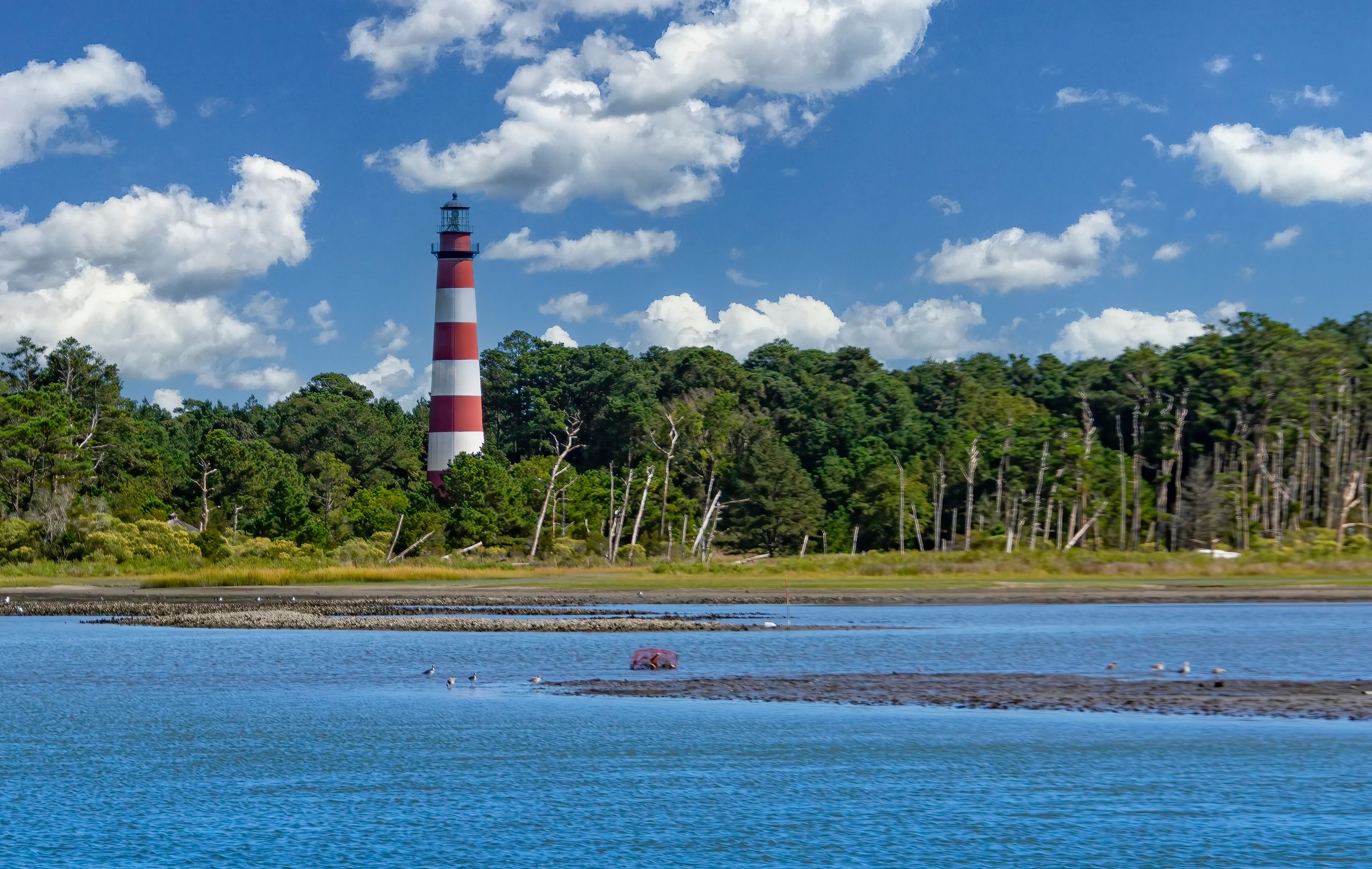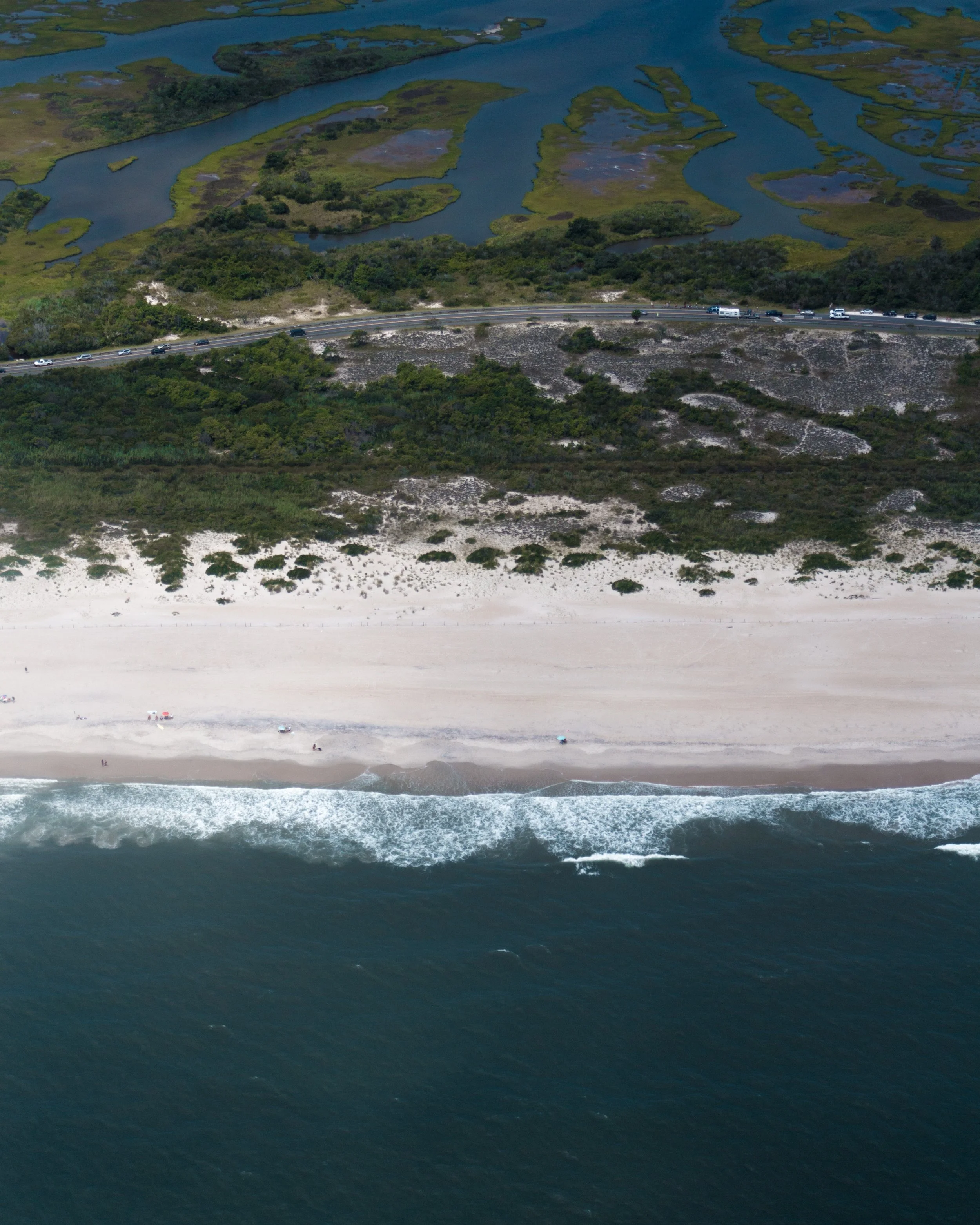
RESIDES Maryland-Resilient Design Solutions
RESIDES.
In the face of mounting climate challenges, Maryland is experiencing tangible shifts in its climate patterns, characterized by a temperature increase of one to two degrees Fahrenheit over the past century. The frequency of heavy rainstorms has amplified, with sea levels rising approximately one inch every seven to eight years. These transformations are causing critical environmental shifts: eroding beaches, submerging low-lying areas, intensifying coastal flooding, and heightening the salinity of estuaries and aquifers. This climate trajectory threatens to increase both coastal and inland flooding while adversely impacting marine, wetland, and inland ecosystems. Moreover, this shift could disrupt essential sectors like fishing and farming while exacerbating health risks for communities.
RESIDES Maryland aims to strengthen the state's resilience against environmental challenges. Through thorough risk assessments, innovative architectural solutions, community empowerment, and advocacy for sustainable policies, the project endeavors to build a more resilient future for Maryland. The opening phase of the RESIDES Maryland initiative initiated with the launch of an architecture competition, seeking practical solutions to address immediate challenges and opportunities within the region.
Project Objectives.
Assess Vulnerability and Risk.
Conduct in-depth and meticulous assessments to comprehensively identify, measure, and understand the environmental vulnerabilities and risks prevalent across Maryland. This process involves analyzing various factors contributing to vulnerability, such as rising sea levels, changes in precipitation patterns, and increased frequency of extreme weather events. The aim is to gather precise data that informs the formulation of targeted and effective solutions to address these challenges.
Advocate for Sustainable Policies.
Collaborate closely with key stakeholders, including local governmental bodies, policymakers, and relevant organizations, to advocate for the implementation of sustainable urban development policies. This collaborative effort seeks to integrate resilience strategies into Maryland's developmental framework. By advocating for policy changes that prioritize sustainability and resilience, the project aims to ensure a more resilient and environmentally conscious future for the state.
Develop Innovative Solutions.
Launch an architecture competition designed to encourage the generation of innovative, forward-thinking, and sustainable design solutions. This competition is tailored to attract diverse perspectives and creative insights to effectively combat the impact of coastal erosion, rising sea levels, and other maritime challenges prevalent in Maryland. The emphasis is on fostering designs that not only mitigate immediate problems but also address long-term environmental sustainability.
Empower Communities.
Engage and empower local communities through comprehensive educational initiatives aimed at increasing awareness and understanding of the evolving climate challenges facing Maryland. This empowerment involves fostering resilience within communities by providing them with the necessary knowledge, tools, and resources to adapt to changing environmental conditions. Active community involvement and ownership in the process of adapting to these challenges are vital aspects of this objective.

